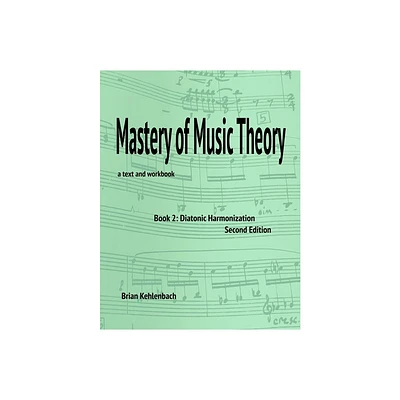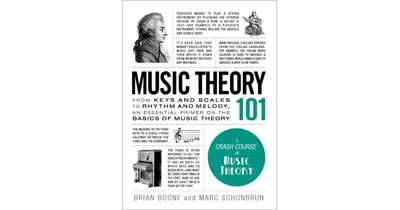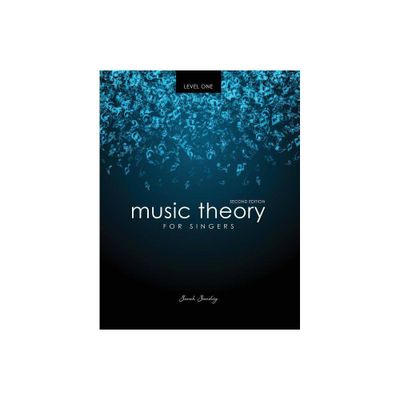Home
Music Theory and the Exploration of the Past / Edition 2
Loading Inventory...
Barnes and Noble
Music Theory and the Exploration of the Past / Edition 2
Current price: $68.00


Barnes and Noble
Music Theory and the Exploration of the Past / Edition 2
Current price: $68.00
Loading Inventory...
Size: OS
*Product Information may vary - to confirm product availability, pricing, and additional information please contact Barnes and Noble
In recent decades, increased specialization has sharply separated music theory from historical musicology.
Music Theory and the Exploration of the Past
brings together a group of essays—written by theorists and musicologists—that seek to bridge this gap. This collection shows that music theory can join forces with historical musicology to produce a more humanistic form of musical scholarship.
In nineteen essays dealing with musical theories from the twelfth to the twentieth century, two recurring themes emerge. One is the need to understand the historical circumstances of the writing and reception of theory, a humanistic approach that gives theory a place within social and intellectual history. The other is the advantages of applying contemporaneous theory to the music of a given period, thus linking theory to the history of musical styles and structures. The periods given principal attention in these essays are the Renaissance, the years around 1800, and the twentieth century.
Abundantly illustrated with musical examples,
offers models of new practical applications of theory to the analysis of music. At the same time, it raises the broader question of how historical knowledge can deepen the understanding of an art and of systematic writings about that art.
Music Theory and the Exploration of the Past
brings together a group of essays—written by theorists and musicologists—that seek to bridge this gap. This collection shows that music theory can join forces with historical musicology to produce a more humanistic form of musical scholarship.
In nineteen essays dealing with musical theories from the twelfth to the twentieth century, two recurring themes emerge. One is the need to understand the historical circumstances of the writing and reception of theory, a humanistic approach that gives theory a place within social and intellectual history. The other is the advantages of applying contemporaneous theory to the music of a given period, thus linking theory to the history of musical styles and structures. The periods given principal attention in these essays are the Renaissance, the years around 1800, and the twentieth century.
Abundantly illustrated with musical examples,
offers models of new practical applications of theory to the analysis of music. At the same time, it raises the broader question of how historical knowledge can deepen the understanding of an art and of systematic writings about that art.


















